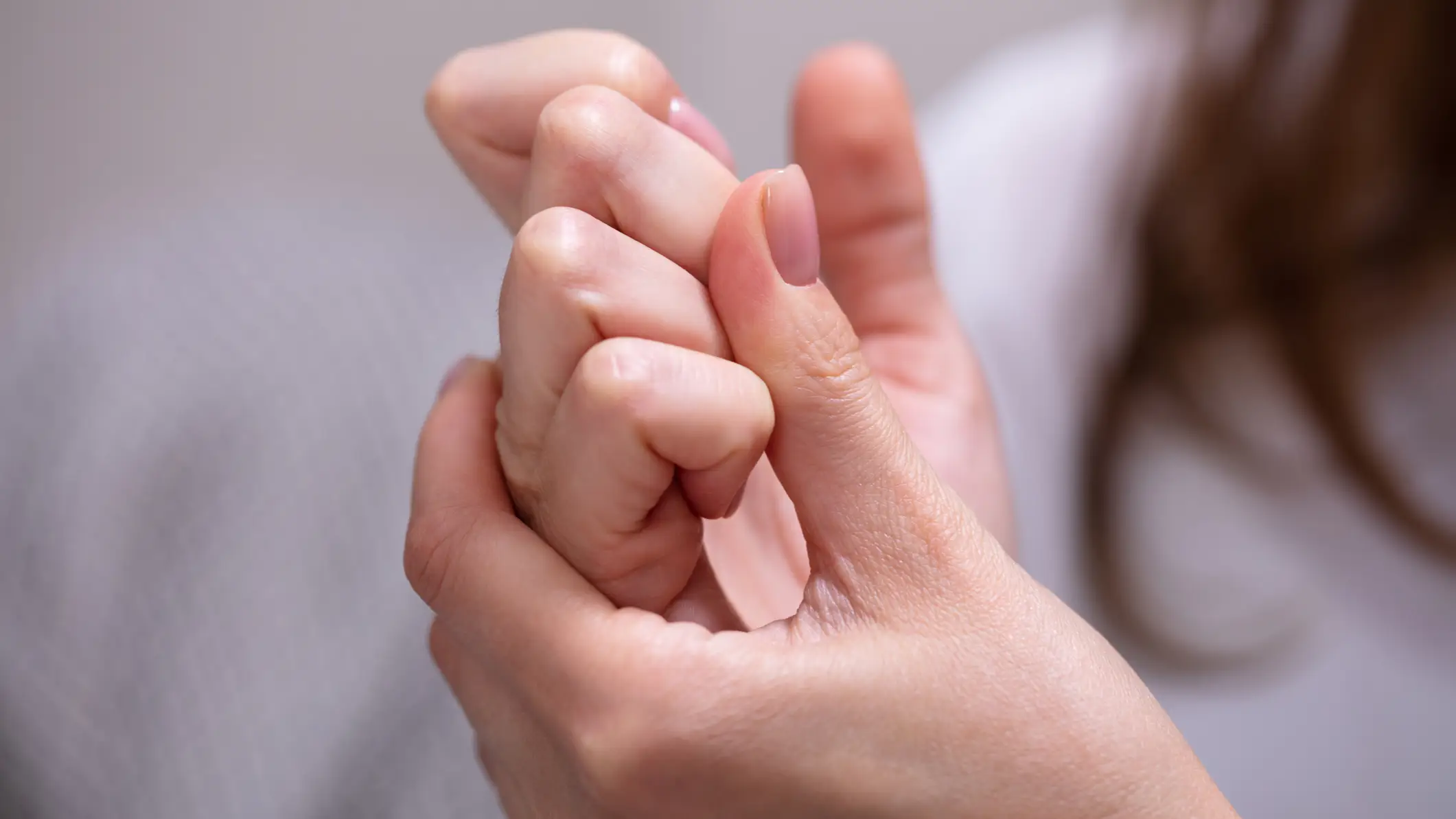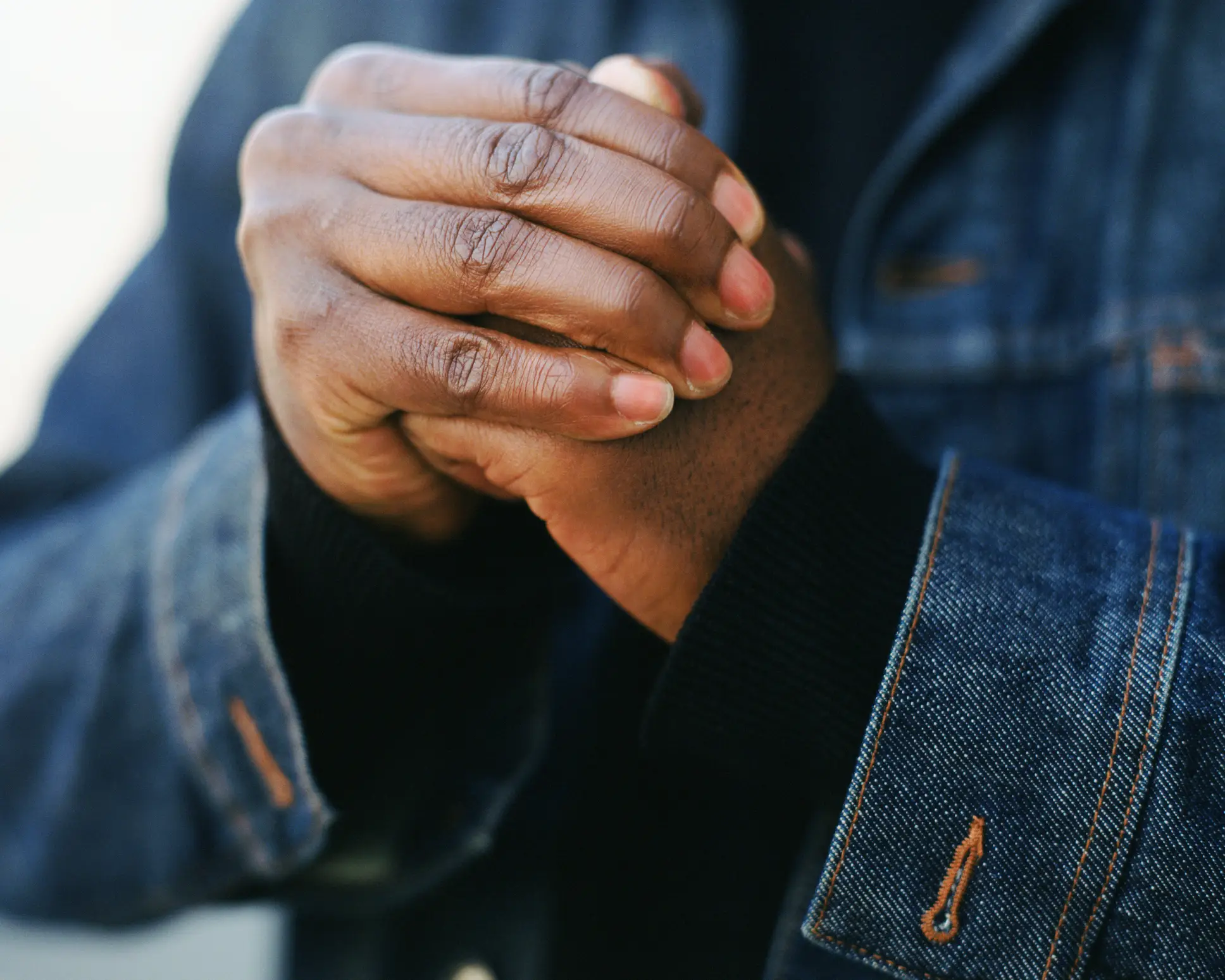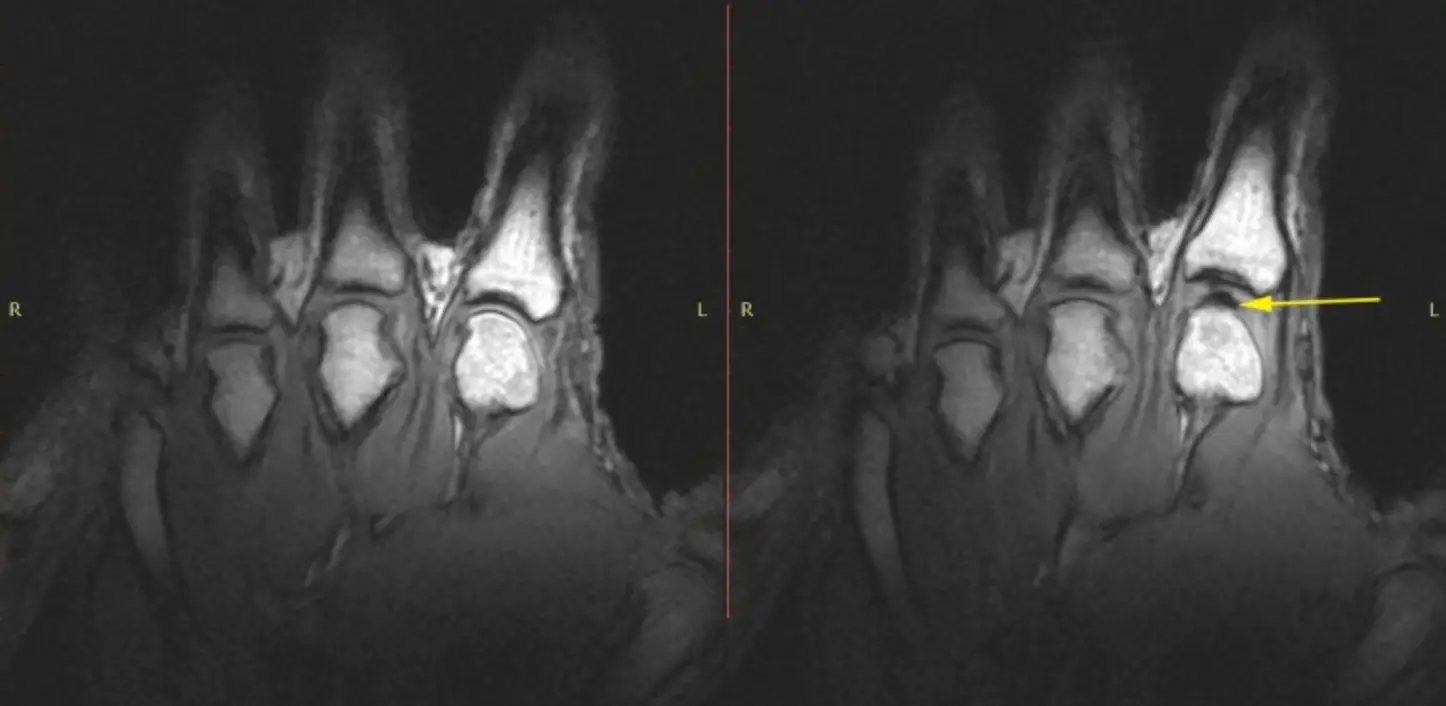
Anyone partial to cracking their knuckles will have most likely been warned numerous times that engaging in such a habit will cause their hands to get bigger.
Or perhaps you were berated about the risks of developing arthritis every time one of your joints went pop. Either way, purposefully cracking your joints tends to be frowned upon by a lot of people.
But what is the actual science behind snapping your joints throughout the day – and is there any evidence that it actually causes long-term damage?
Well, it looks like we finally have the answer.
What causes your joints to crack?
According to numerous studies over the years, the reason joints found in your knuckles, toes and so on create a cracking noise is caused by gas.
Advert

A 2015 study using MRI scans to show what a joint looks like in real-time when it cracks revealed that when a person cracks their knuckles, a gas-filled cavity - known as tribonucleation - form in the synovial fluid which exists between the two joints.
The formation of the gas bubbles is what creates the distinct popping sound, contradicting previous arguments which suggested the noise came from bubbles being popped when the joints are pulled apart.
Referring to the research as the 'pull my finger' study, Greg Kawchuk, a professor in the Faculty of Rehabilitation Medicine at the University of Alberta, revealed to Science Alert that researchers conducted their study by yanking on each other's digits and captured it on an MRI.
"When you do that, you can actually see very clearly what is happening inside the joints," he said.
Explaining exactly how the bubbles are formed, he continued: "It's a little bit like forming a vacuum. As the joint surfaces suddenly separate, there is no more fluid available to fill the increasing joint volume, so a cavity is created and that event is what's associated with the sound."

Does cracking your knuckles impact overall joint health?
So now we have a clearer picture of why our joints crack, you'll probably be wondering how much truth there is behind the claims that cracking your knuckles is bad for you.
And its good news for the knuckle crackers amongst us, as there appears to be no links between the divisive habit and claims about inflating hands or developing arthritis – which is great, as I cracked my knuckles numerous times while writing this.
In fact, researcher named Donald Unger dedicated most of his life to testing the above theories.
For 50 years, Unger would crack the knuckles on his left hand twice a day and none at all on the right. He published the results in 2004, claiming to have experienced no differences between his hands.
In that case, perhaps its time to leave the old wives' tales in the past.